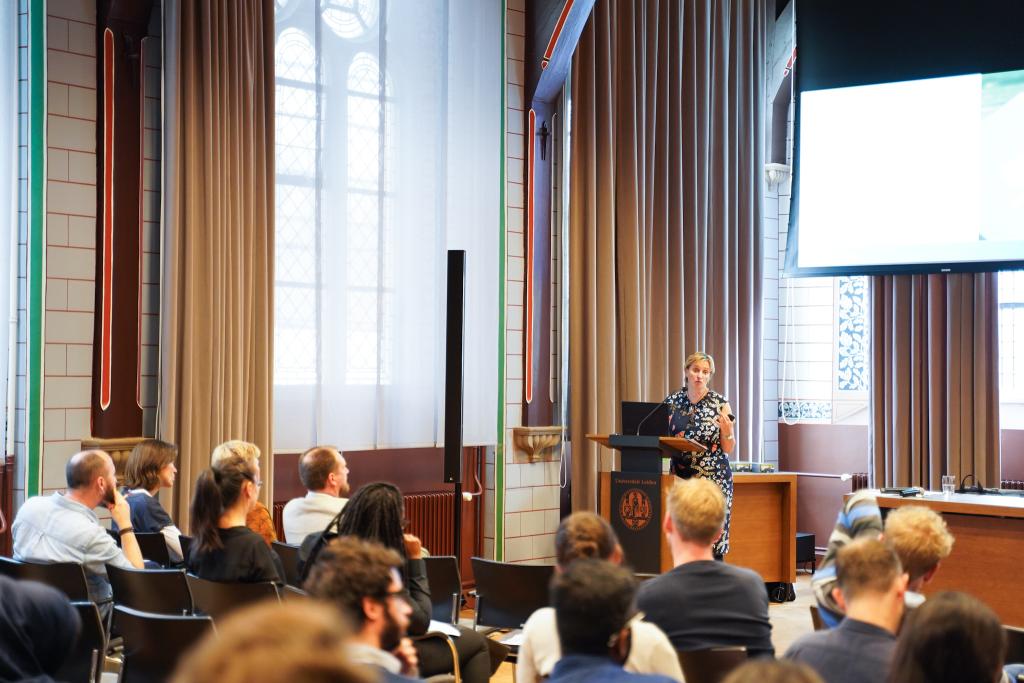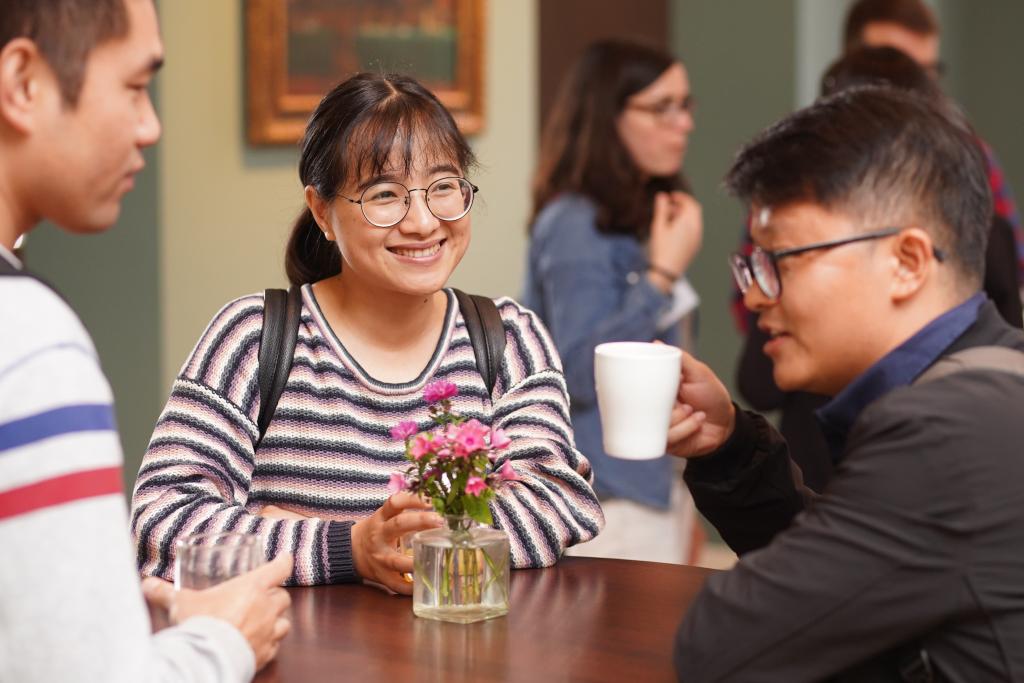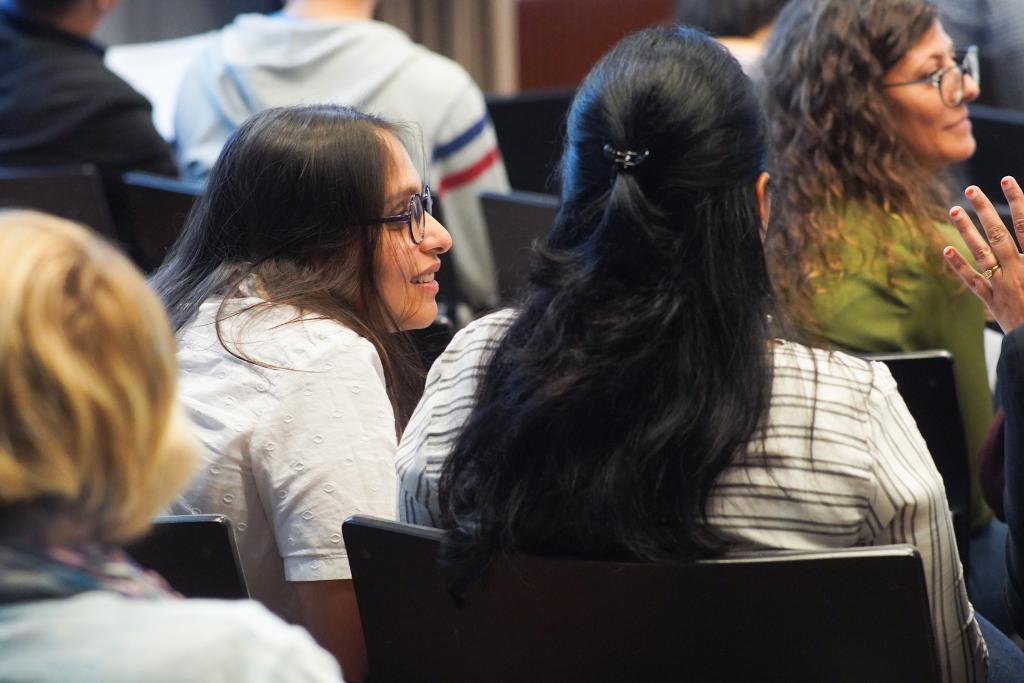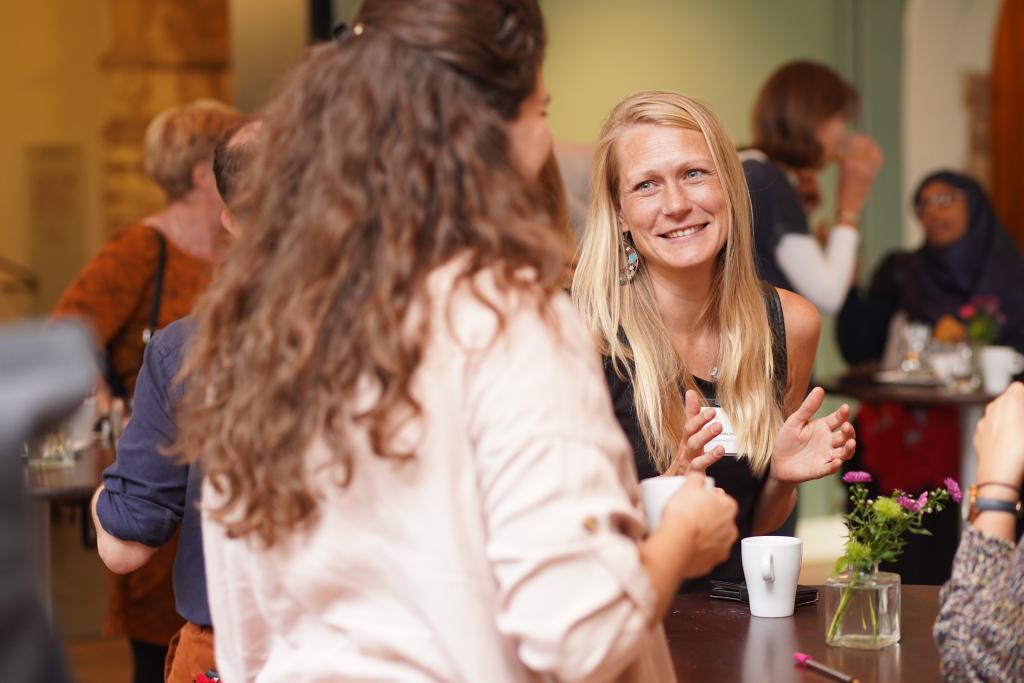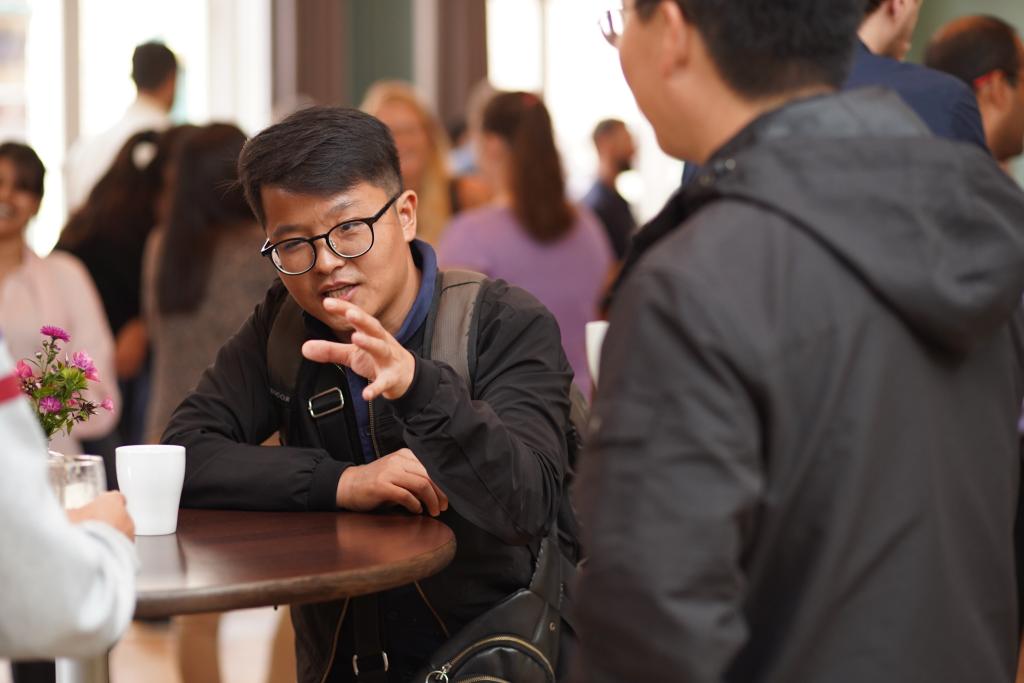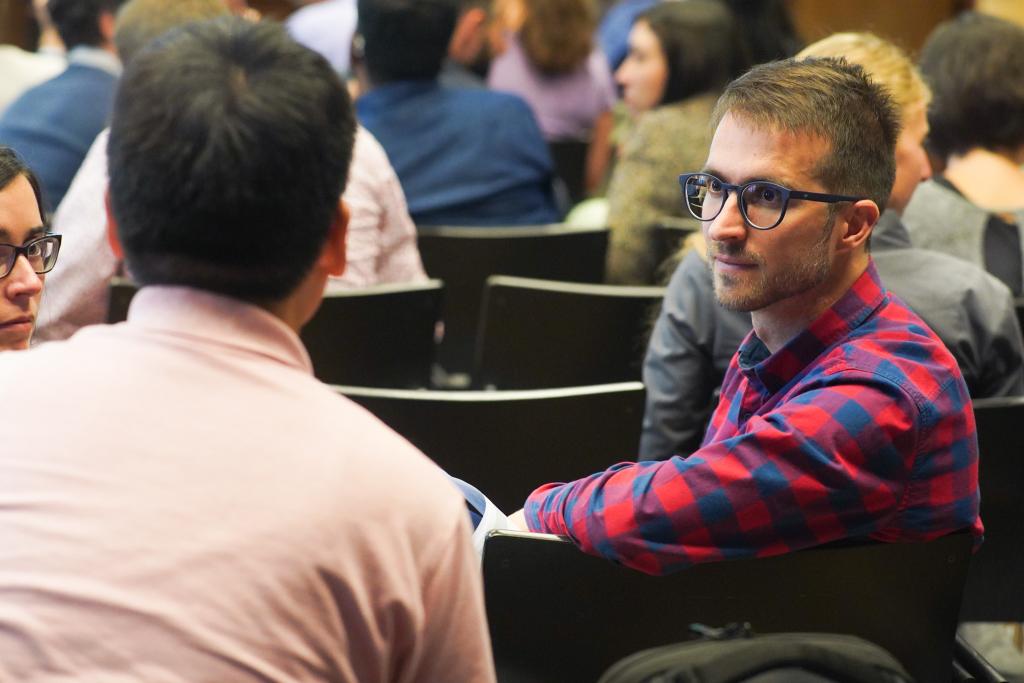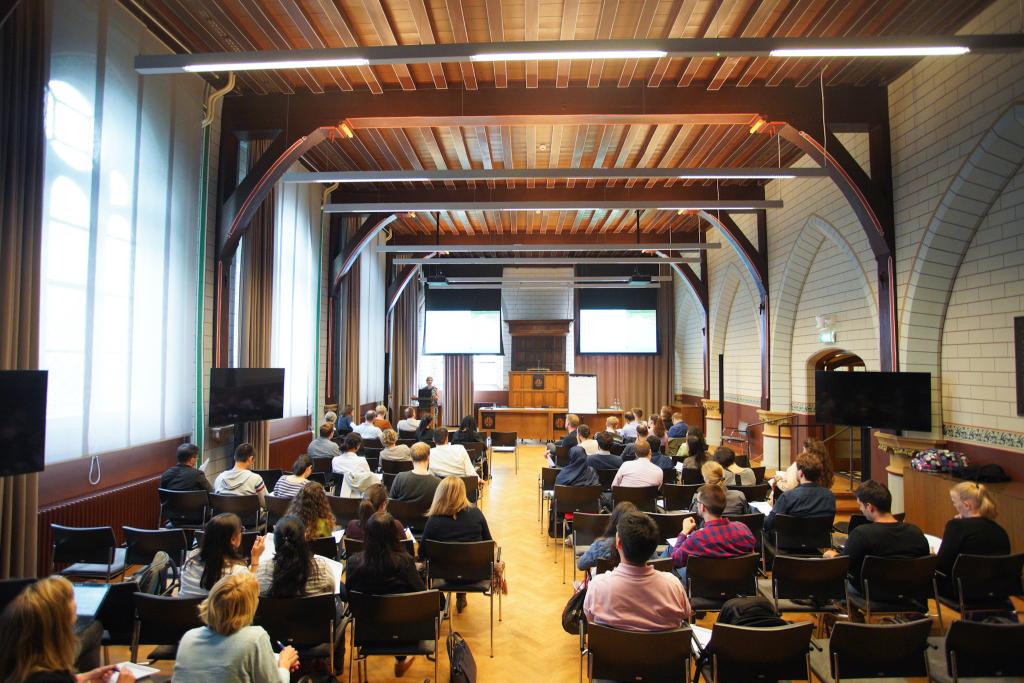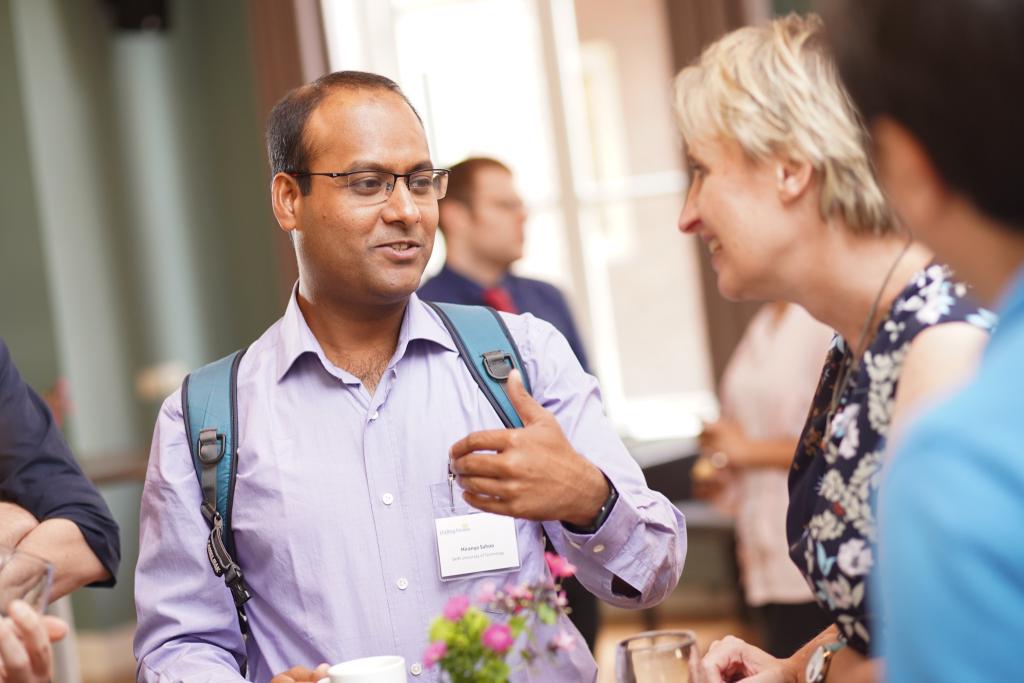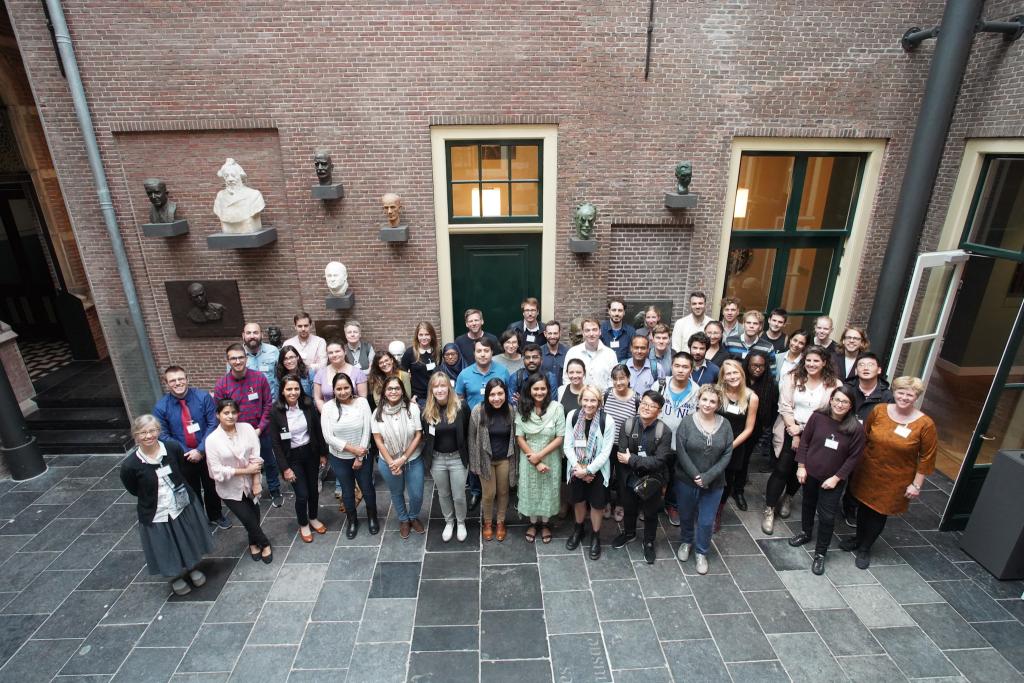How do you attract international scientific talent to South Holland? By offering an attractive program and working together. Leiden University, Delft University of Technology, Erasmus University Rotterdam and the Leiden University Medical Center and Erasmus Medical Center have been doing just that for a number of years with the LEaDing Fellows postdoc program.
The LEaDing Fellows program (partly funded by the EU from the Marie Sklodowska Curie COFUND program) offers a total of 90 postdocs, spread over 3 consecutive calls, an appointment for 2 years at one of the LDE institutions of medical centers. The program contributes to the career development of newly graduated students by offering opportunities for international, cross-sectional and interdisciplinary research. It also stimulates regional and international network between (non)academic institutions and the business community. With this it contributes to the economic development and competitive position of South Holland.
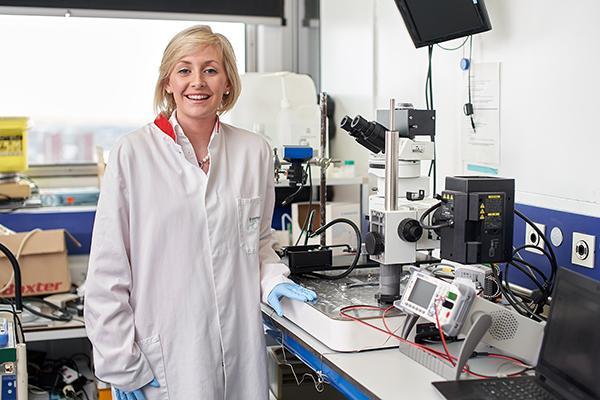 Hybrid scanners for prevention of cardiovascular disease
Hybrid scanners for prevention of cardiovascular disease
This is Dr Hilary Barrett, one of the talents selected for the LEaDing Fellows program. Originally from Ireland, she completed her PhD in Biomedical engineering on cardiovascular diseased tissue characterization and is now based at the Biomedical Engineering Department of Cardiology and collaborating with the Radiology & Nuclear Medicine in the Erasmus Medical Centre, Rotterdam. She is an a dynamic Biomedical Engineer with a great interest in innovative medical device technologies.
Why would she want to work at Erasmus MC, you might ask? ‘The combination of a medical school, research departments and hospital is quite unique. Next to it my favorite thing about living here has to be cycling.’ Read the interview with Hilary.
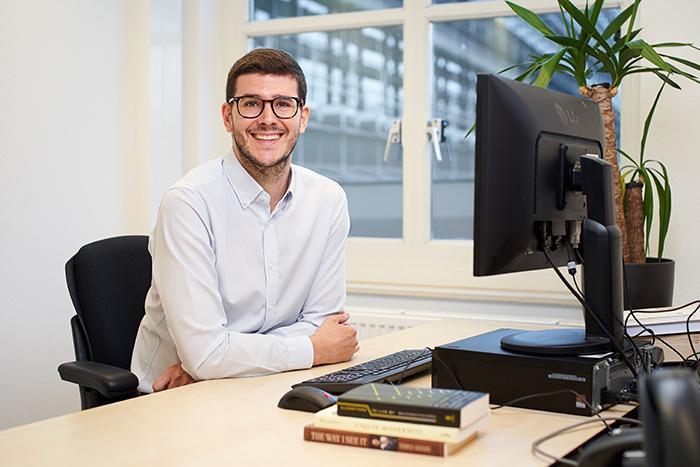 The legal implications of robots
The legal implications of robots
Eduard Fosch is enthusiastic, multilingual, and have a positive attitude towards change. He addresses the legal and regulatory implications of the use and development of robot and Artificial Intelligence technologies for healthcare purposes. This is why he is perfectly suited for his job at the eLaw Center for Law and Digital Technologies at Leiden Law School.
What does Eduard do as a LEaDing Fellow? ‘I address the legal and regulatory implications of the use and development of robot and Artificial Intelligence technologies for healthcare purposes. These include robots for cognitive therapies, physical rehabilitation robots, assistive robots that provide companionship and care to the elderly, the disabled or children, and surgery robots.' Eduard is working together with the Robotics Institute of the TU Delft to stay on top of the technical innovations. Read the interview with Eduard.
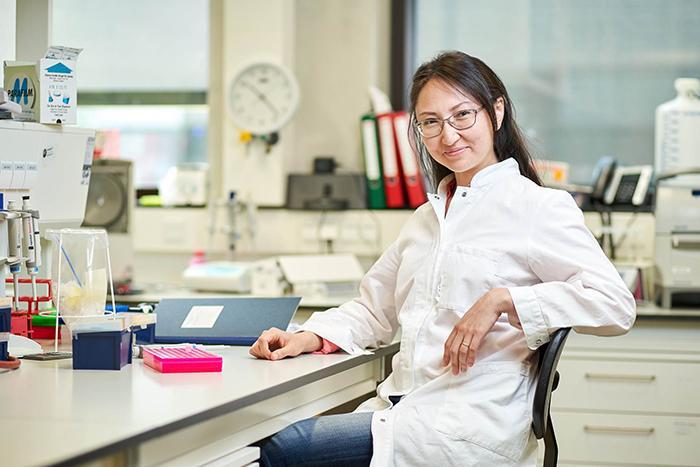 The evolutionary capacity of proteins
The evolutionary capacity of proteins
'How life originated is one of the biggest, most fascinating unanswered scientific questions to date. This question goes hand in hand with the question of the nature of life itself, as well as the nature of its basic unit, the cell. With my colleagues I will be exploring these questions by constructing and studying the behavior of liposomes.’ says Zhanar Abil. She is a biochemist from Kazakhstan and a postdoc fellow at the department of Bionanoscience at TU Delft.
Why did she apply for the LEaDing Fellows Postdoctoral Fellowship? ‘Because it offers many opportunities to learn. For this project in particular and for my future career in engineering, it is crucial for me to learn the analysis of big biological data and mathematical modelling.’ Read the interview with Zhanar.
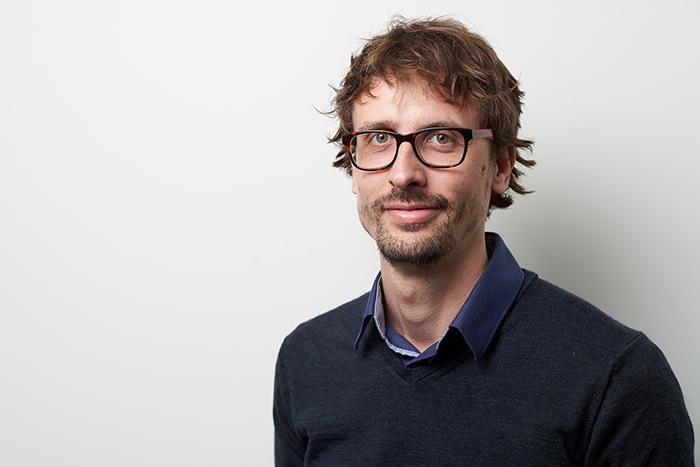 Framing of historical information
Framing of historical information
Zoltan Duijsin was in his youth already an ‘international’, living in many countries. He continued this during his studies and professional career. 'I obtained my PhD in sociology from Columbia University in New York and previously pursued part of my doctoral studies in the Political Sciences Departments at the Sorbonne. During the past 15 years I also worked as a journalist, corresponding for the global news agency IPS News and leading Portuguese weekly newspaper Expresso from Ukraine, Hungary and the Czech Republic.’ Since September 2018 he works as a postdoc fellow researcher at the Erasmus School of History, Culture and Communication (ESHCC). Read the interview with Zoltan about the collective memory of communism and the cold information war.
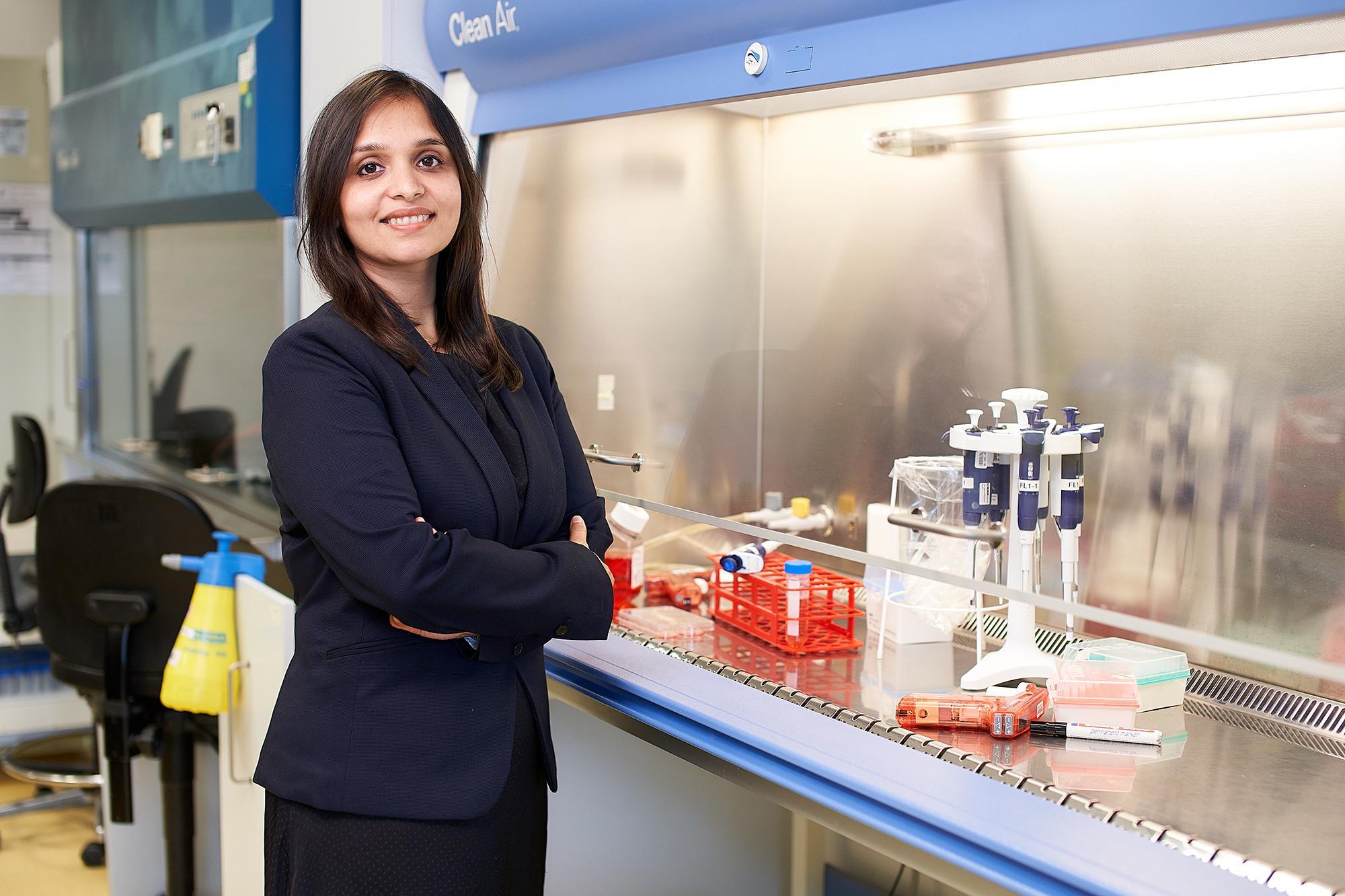 The mechanism of white blood cells
The mechanism of white blood cells
'Over the years, I have become interested in understanding why, in the case of ‘autoimmune diseases’, our own white blood cells sometimes attack and destroy our own bodies.' says Jyaysi Desai. She is a postdoc fellow at the Rheumatology department of Leiden University Medical Center (LUMC). Why I came to Leiden after London and Munich? ‘One of the reasons I wanted to work at LUMC was that it is known around the world for its scientific output. Also, as a researcher there, you are able to work in a clinical setting, around doctors and patients and carry out multidisciplinary research.' Read the interview with Jyaysi about autoimmune reactions and neutrophil extracellular traps with Jyaysi and see how she is dancing her PhD in Bollywood-style!
International academic talent important for the economic development of the region South-Holland
'Attracting academic talent is imperative for the universities. I don’t know of any research group these days without international postdocs. It is not just their international expertise and contribution to our scientific work that matters. They also bring new methods and perspectives with them and, crucially, contacts from institutions across the world.' says Prof. Pancras Hogendoorn, member of the Executive Board and dean of Leiden University Medical Center (LUMC) and also a member of the Zuid-Holland Economic Board. ‘The term knowledge economy is made up of two words that precisely define what it means: the link between investing in knowledge and economic prosperity. In my view, you cannot apply a successful economic strategy without strong knowledge institutions. And, for that, we also need international scientific talent.’ Read the full article here
